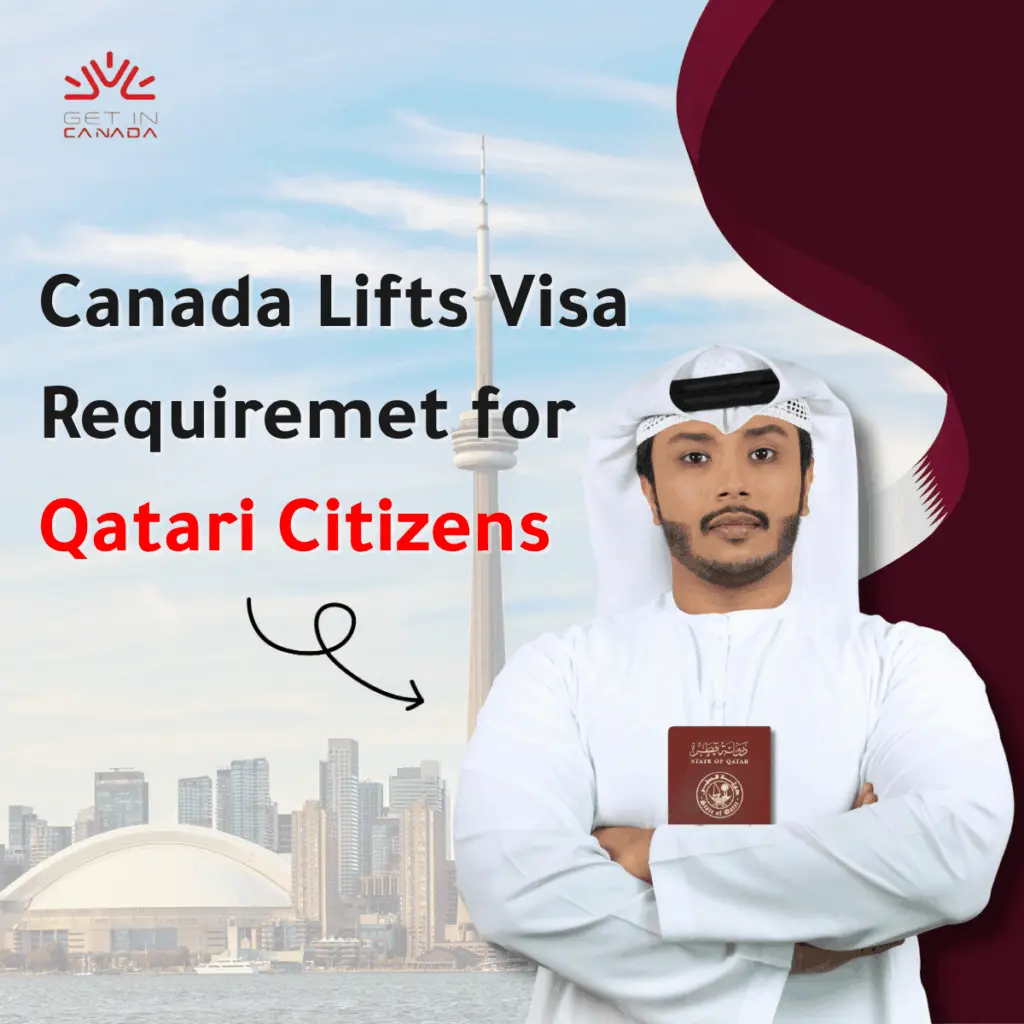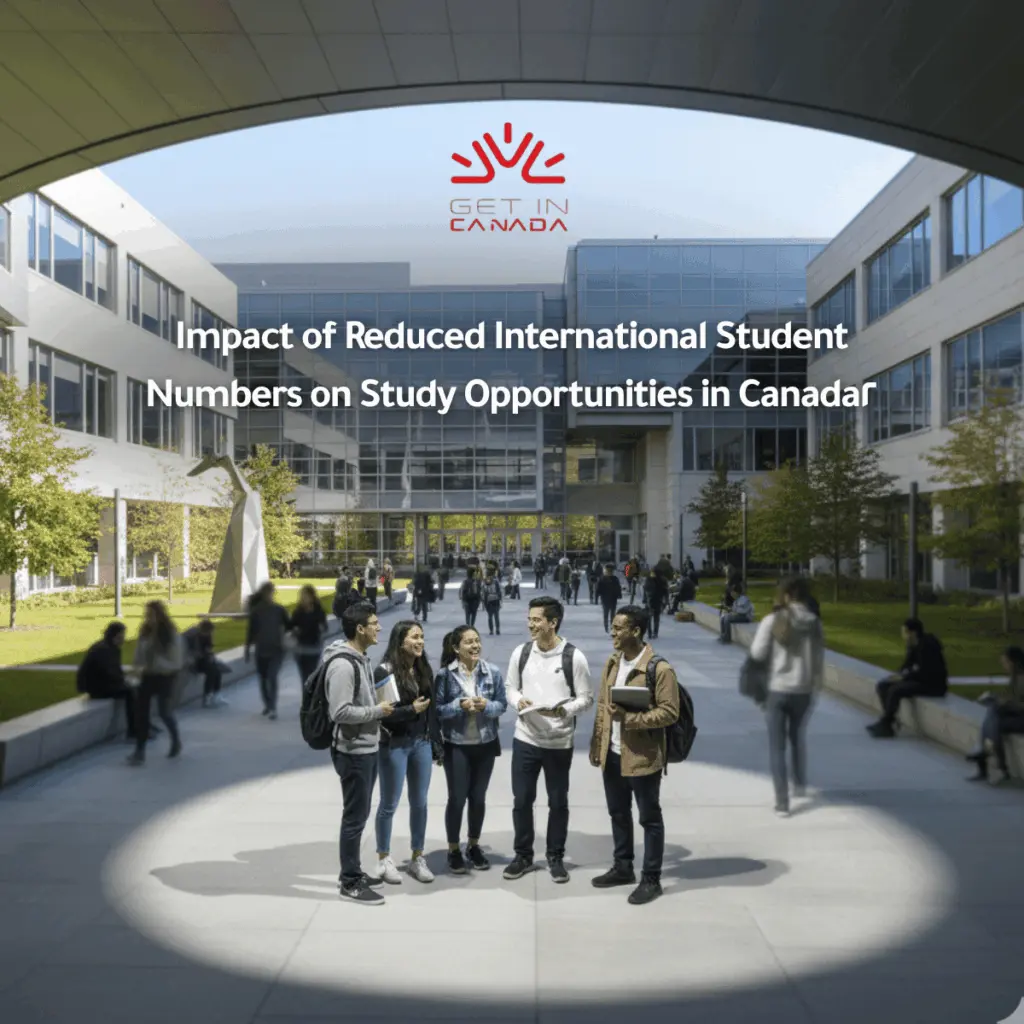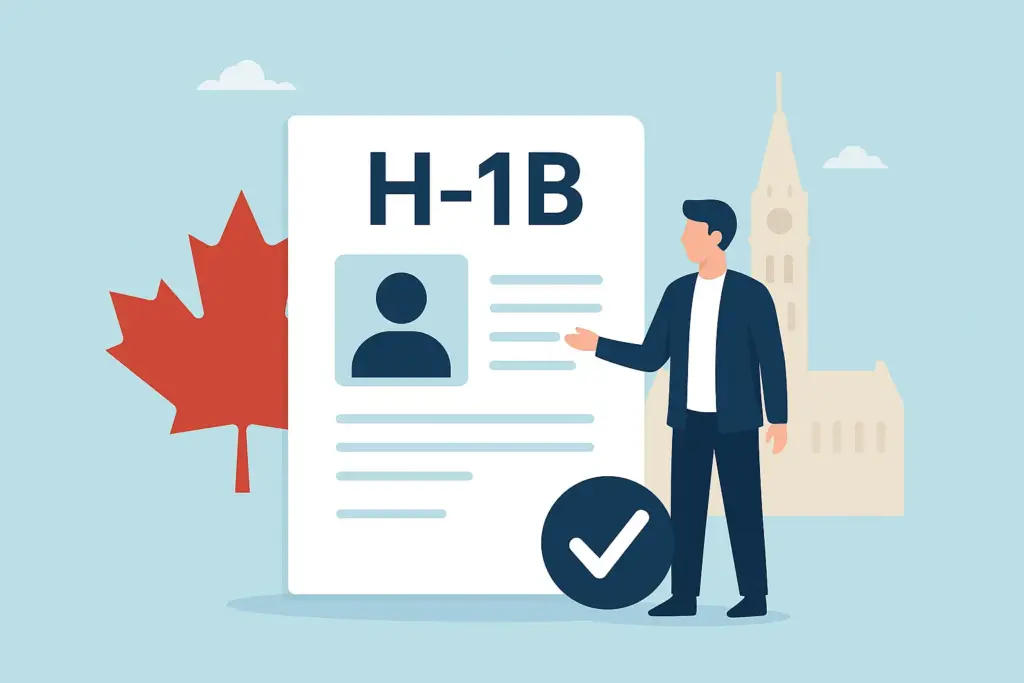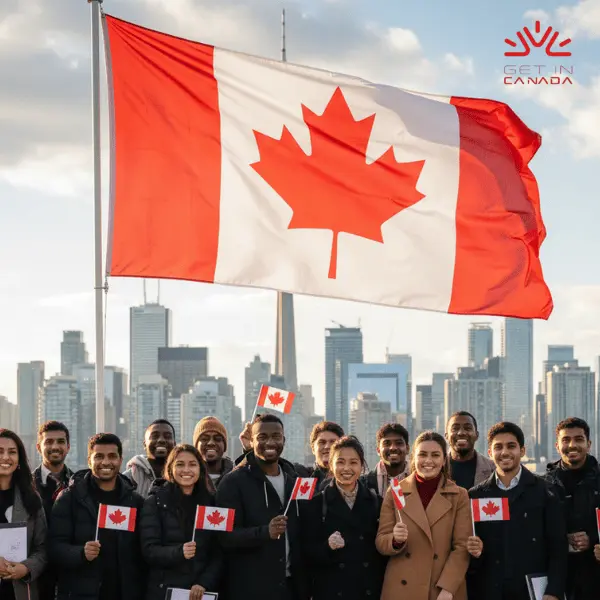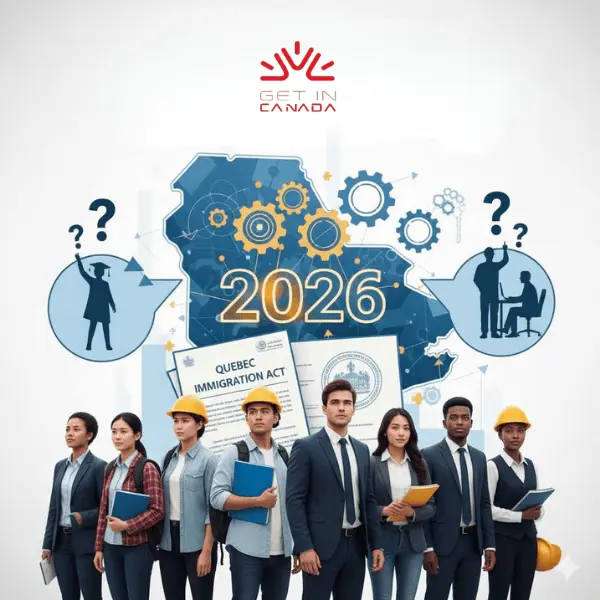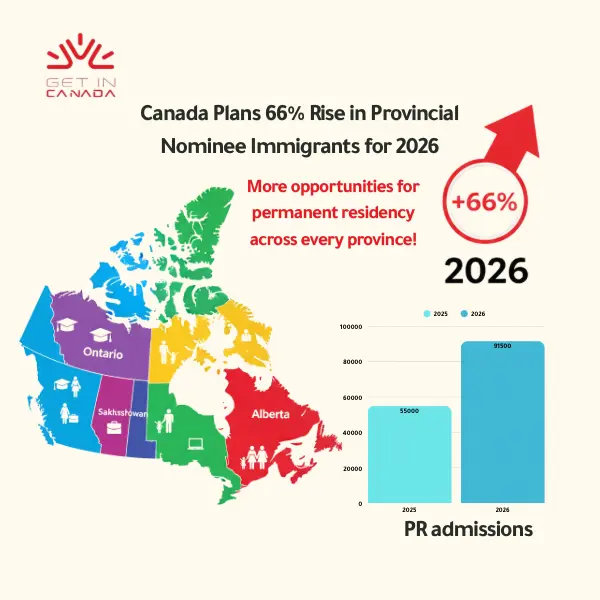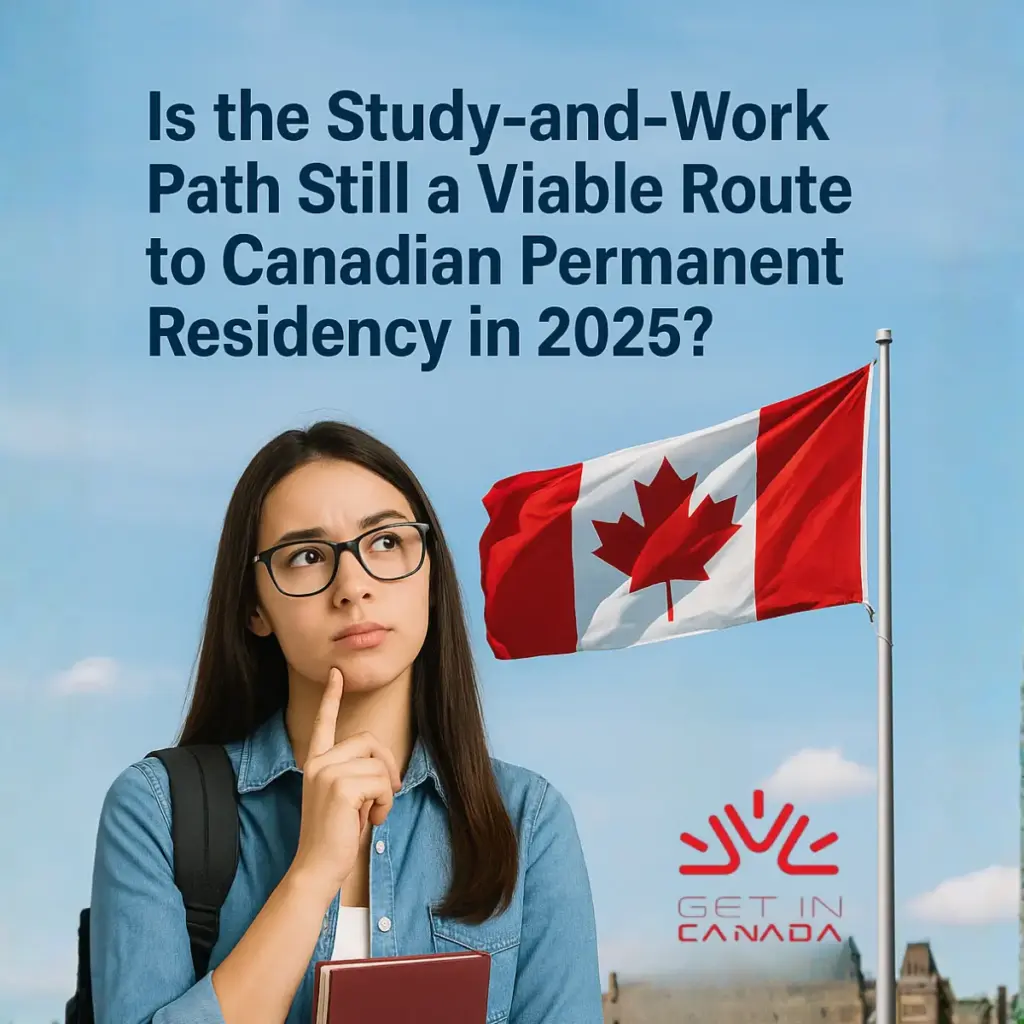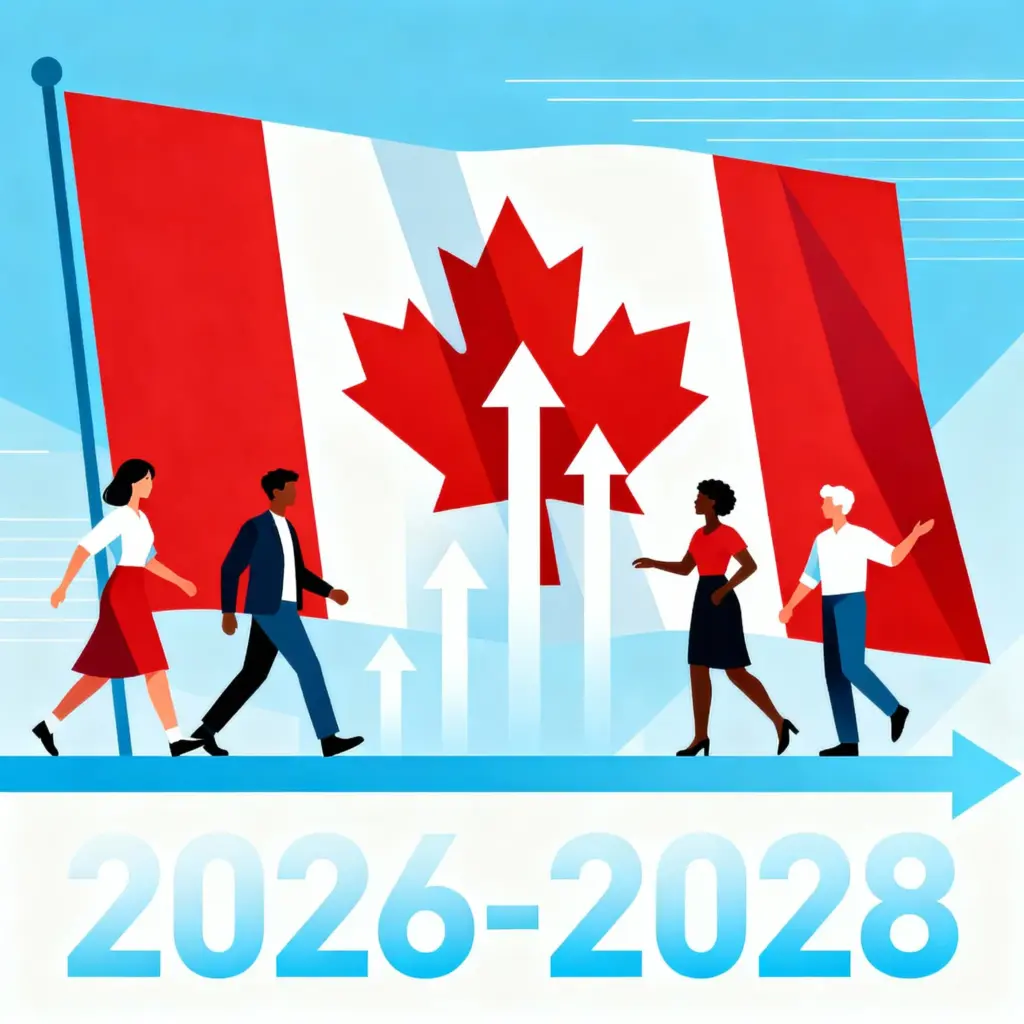Settling in Canada for Newcomers 2025
What does settling in Canada really mean in 2025, and how do you make it work? For many newcomers, arriving is just the beginning. Whether you’re coming to study, work, or reunite with family, building a stable life requires more than paperwork. You need to find housing, access healthcare, manage your daily needs, and adjust to a new culture. However, with the right guidance, this transition can be smoother and more empowering. This comprehensive guide is designed to help you settle in Canada Canada with confidence and clarity.
Find out if you are eligible to get in Canada →
1. Housing and Accommodation for Newcomers
Finding a place to live is often the first task after arrival. However, understanding your short- and long-term options helps you make smart housing decisions. Affordable housing in Canada is possible with the right tools and planning.
1.1 Short-Term Accommodation
Short-term housing helps you settle in without rushing big decisions. It gives you time to explore cities, understand rent prices, and choose your next move. Newcomers often start with temporary housing while they explore neighborhoods and rental markets, such as:
- Hotels, Airbnb, and student dormitories
- Staying temporarily with friends or family
- Referrals from settlement agencies
1.2 Long-Term Housing Options
When you’re ready for something more permanent, explore what’s available in your area. Choose based on your budget, commute, and desired lifestyle. Once you’re ready:
- Apartments (typically rented monthly with upfront payments)
- Basement suites, townhouses, or detached homes
- More affordable options in suburban or rural areas (with limited public transport)
1.3 Where to Search
Online tools make house hunting easier and safer. So, stick to trusted platforms and double-check all listings.
| Platform | Purpose |
|---|---|
| Realtor.ca | Verified housing listings |
| Kijiji | Local rental opportunities |
| PadMapper | Map-based housing search tool |
1.4 Understanding Tenant Rights
Each province sets its own rules for renters and landlords. Knowing your rights protects you from unfair treatment. For example
- Ontario: Landlord and Tenant Board
- BC: Residential Tenancy Branch
- Rights include: fair rent increases, notice periods, and lease termination protections
2. Everyday Life in Canada
Adjusting to daily life involves learning how to manage grocery shopping, transportation, and essential services. This is a key part of settling in Canada smoothly.
2.1 Navigating Grocery and Retail
Grocery shopping in Canada is simple once you know where to go. So look for deals, use apps, and take advantage of store rewards. Canada has a wide network of retail chains:
- Major retailers: Walmart Canada, Sobeys, Loblaws
- Use contactless payments
- Join loyalty programs: PC Optimum, Scene+
Grocery shopping in Canada is simple once you know where to go. So look for deals, use apps, and take advantage of store rewards.
2.2 Public Transportation and Mobility
Canadian cities have good public transit systems. However, you should buy a reloadable transit card and learn local routes early. Most urban areas offer reliable public transit:
2.3 Banking and Telecommunications
Start by opening a bank account designed for newcomers. Also compare mobile plans to find affordable options. Examples:
- Newcomer banking programs:
- Compare mobile plans at:
3. Healthcare Access in Canada
Canada’s healthcare system is public and provincially managed. Registration is necessary for access. Knowing how to get health insurance in Canada is key.
3.1 Registering for Public Health Coverage
Each province manages its own health plan. So apply as soon as possible after arrival to avoid delays.
- Apply through provincial portals:
3.2 Coverage Details and Private Options
Public plans cover essentials but not everything. So, private insurance helps fill the gaps for full coverage.
- Public plans: Cover basic medical services
- Private insurance: Can help with dental, vision, and prescriptions
- Providers: Manulife, Sun Life Canada
4. Cultural Integration in Canada
Canada welcomes diversity. However, adjusting takes time and effort—support is available to help you feel at home.
4.1 Language Learning and Education
Learning English or French helps you settle faster. Free programs like LINC are available in most cities. Improve your communication through:
4.2 Connecting Through Community and Volunteering
Volunteering is a great way to meet people and gain experience. Many organizations welcome newcomers. For example:
- Join groups like YMCA Newcomer Services to build your social network
5. Essential Steps for Settling Successfully
Upon arrival, several legal and administrative tasks must be completed. Applying for a Social Insurance Number (SIN) is one of the most critical first steps, as it is required for employment, banking, and accessing public services. This can be done through Service Canada either online or in person: Apply for SIN.
5.1 Completing Legal and Administrative Tasks
Paperwork is essential when you first arrive. So tackle these tasks early to access services and benefits. Examples:
- Apply for a Social Insurance Number (SIN)
- Register for healthcare and apply for a driver’s license or photo ID
5.2 Employment, Education, and Credential Recognition
Your foreign credentials may need assessment. Start early to avoid delays when job hunting or applying to school. Helpful tools:
- Credential recognition:
- Jobs and employment support:
5.3 Accessing Government Benefits and Taxes
Government programs support your new start. So register for benefits like CCB and file taxes to stay compliant. Key resources:
Conclusion
Settling in Canada requires planning, patience, and a willingness to adapt. By understanding how to secure housing, manage daily life, access healthcare, and integrate culturally, newcomers can lay a strong foundation for long-term success.
With a wide network of government programs, community services, and professional resources, Canada offers newcomers more than just a fresh start; it provides the support needed to build a rewarding and stable future.
Find out if you are eligible to get in Canada →
FAQs About Settling in Canada
1. What documents do I need when landing in Canada?
You must carry:
- A valid passport and Canadian visa or Confirmation of Permanent Residence
- Your immigration documents
- Proof of funds if required
- Health records, education credentials, and a driver’s license if available
Never pack these in checked luggage.
2. Where can I find housing in Canada?
For short stays, try Airbnb or temporary rentals. If you’re a student, check university housing.
For long-term rentals, use Realtor.ca, Kijiji, or PadMapper.
Settlement agencies can also help you find safe and affordable options.
3. How does the Canadian healthcare system work?
Healthcare in Canada is publicly funded. Once you register with your provincial health plan, most doctor visits and hospital services are free.
However, dental, vision, and prescriptions aren’t usually covered. Consider private insurance from Sun Life or Manulife.
4. How do I learn English or French in Canada?
You can join free government-funded classes like LINC (Language Instruction for Newcomers to Canada).
Many local libraries and community centers also offer language support.
5. Can I get a job in Canada without local experience?
Yes, but it may take time.
Start with a Canadian-style resume. Use websites like Job Bank, Indeed Canada, or your local settlement agency.
If your job is regulated, have your credentials assessed through WES Canada.
6. What is a SIN and why do I need it in Canada?
The Social Insurance Number (SIN) is your key to working legally and accessing government benefits.
Apply online or at a Service Canada location; it’s free.
7. What support does Canada offer for newcomers?
Canada offers a range of newcomer support:
- Free language training (LINC)
- Job search help and resume writing
- Healthcare registration assistance
- Family benefits like the Canada Child Benefit
- Free tax clinics during tax season
Visit the IRCC settlement page for services near you.


